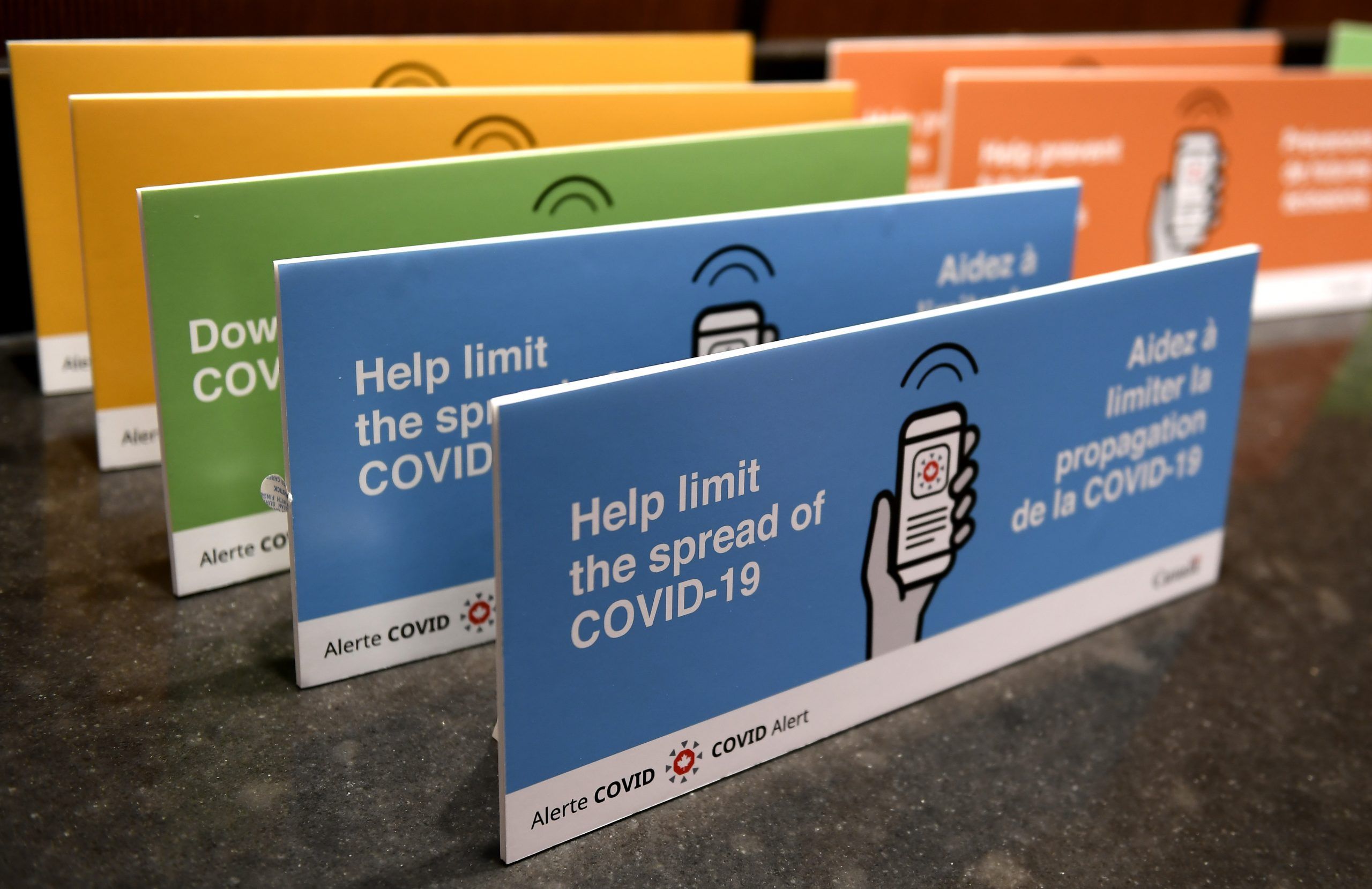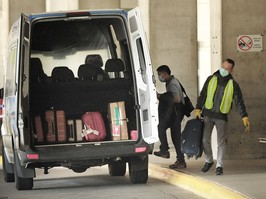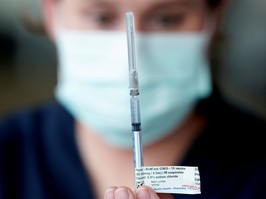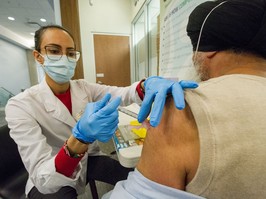it may have been wishful thinking.despite initial findings and statements to the contrary, it seems children do transmit the coronavirus and play a substantial role in its spread, according to emerging research and several experts who spoke to the montreal gazette this week, raising concerns about the prospect of opening schools in three weeks.but epidemiologists and pediatricians contend the health risks that come with keeping kids away from the classroom remain greater than the risks associated with sending them back — especially for the children themselves, who don’t tend to get as sick from the coronavirus. the experts admit, however, it is possible their return to school will fuel more community spread.while treating patients on the covid-19 ward at ste-justine hospital,
dr. fatima kakkar, a pediatric infectious disease clinician-researcher, has been struck by how well kids seem to handle the infection.“it’s been fascinating to me to call a family (to inform them of a positive covid-19 test) and sometimes they’re even shocked the result came back positive, because the child is already feeling better,” she said. “but what’s also interesting is that in that same family you can have a parent who is very sick, going to the hospital, whereas the child has already recovered.”the virus affects young children differently, kakkar said, leading her to believe that worries of children contracting covid-19 at school and becoming gravely ill are largely inflated.covid-19 has so far killed no children in canada, she said; less than 100 have been hospitalized with the virus, and less than 20 have landed in intensive care. compare that with last year’s influenza season, she said, which saw 15,000 cases among children, 200 of whom ended up in the icu and seven of whom died.but though they don’t get as sick, there are new concerns about the role children play in spreading the virus. an
article in the medical journal of australia published online this week claimed that, contrary to claims made by some researchers, children do play an important role in spreading covid-19.“research suggesting otherwise is hampered by substantial bias,” wrote the article’s author, dr. zoë hyde. “additionally, large clusters in school settings have been reported, with implications for the control of community transmission.”in the early days of the pandemic, dr. horacio arruda, quebec’s top public health official, had echoed the idea that children played a diminished role in spreading the virus. preliminary data in the spring, which also came from australia, suggested that school-age children were ineffective covid-19 spreaders. arruda commented on the early research: “contrary to what we thought, in relation to influenza — that (children) become very large transmitters of the disease in the population — this does not necessarily seem to be the case (for covid-19).”but the data analyzed in hyde’s article suggest health officials initially ignored the role children played in transmission. they do get the virus, she found, and they do spread it.“we can no longer afford to overlook the role children play in transmission if we hope to contain the virus,” hyde wrote.
dr. david buckeridge, an epidemiologist at mcgill university, said it is prudent to take articles like hyde’s — which are essentially analyses of existing research — with a grain of salt, but in general he agreed with her findings.“before, some people were suggesting that children couldn’t even get infected, or if they did that they couldn’t infect others. and now we’re seeing that, yes, children do get infected, as this article is pointing out, at the same rate — if not higher — than adults and they carry the virus in their body,” he said. “there’s no reason to think they’re not transmitting it to others.”health officials were acting with incomplete information at first, kakkar said, and they extrapolated the fact that children didn’t get as sick into the idea that they also didn’t spread the virus.“it may have been a lot of wishful thinking initially,” she said, but “it would have gone against anything we know about viral infections in general, because there’s really no reason to think that the child is biologically different so that they shouldn’t transmit to the adult.”the pandemic landscape in quebec also contributed to the myth. during the first wave, most of the children with the virus seen by kakkar and her colleagues had contracted it from their parents — usually health-care workers. since schools were closed, there was little chance of children catching the virus in the community and little chance for them to pass it to many others.
when schools open their doors, the transmission trend could change, kakkar admitted. children may catch the virus at school and bring it home. “it’s definitely a possibility that there will be transmission within schools,” she said.kakkar added, however, that
quebec officials are better prepared for outbreaks and have experience, given the limited reopening of some schools in may.“with the measures that we have in place — the distancing, the awareness, the hand-washing, the masks — i think we are as secure as we will ever be to go back to school,” she said.she pointed out that, luckily, parents in quebec need not necessarily worry as much as parents in the united states, where community spread has rebounded over the past months. the virus is still a concern, she said, but so are other health problems that arise when students are out of school, particularly among adolescents, including depression, eating disorders, anxiety and suicide.buckeridge said balancing the health risks of school with the benefits is bound to be imperfect, and officials should strive to be nimble, to respond to cases of community spread and shift their plans based on what they see on the ground.“we’re still stuck in a bit of a difficult situation,” he said. “what’s our plan b if we do start seeing spread like we’re seeing in other countries?”
note to readers: we know the speed and volume of coronavirus-related news is overwhelming and a little frightening. to help with that, our daily live blog synthesizes the most important coronavirus-related news, especially as it relates to life in montreal and quebec. follow the updates for aug. 13 here.all our coronavirus-related news can always be found at montrealgazette.com/tag/coronavirus.sign up for our email newsletter dedicated to local covid-19 coverage at montrealgazette.com/coronavirusnews.help support our local journalism by subscribing to the montreal gazette here.
 5 minute read
5 minute read







